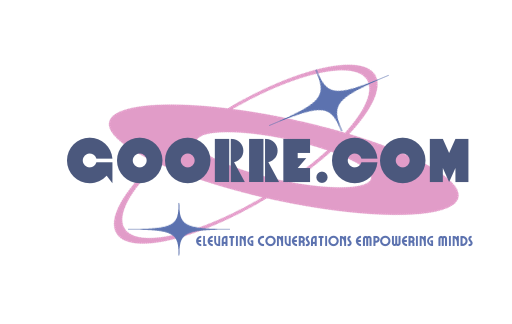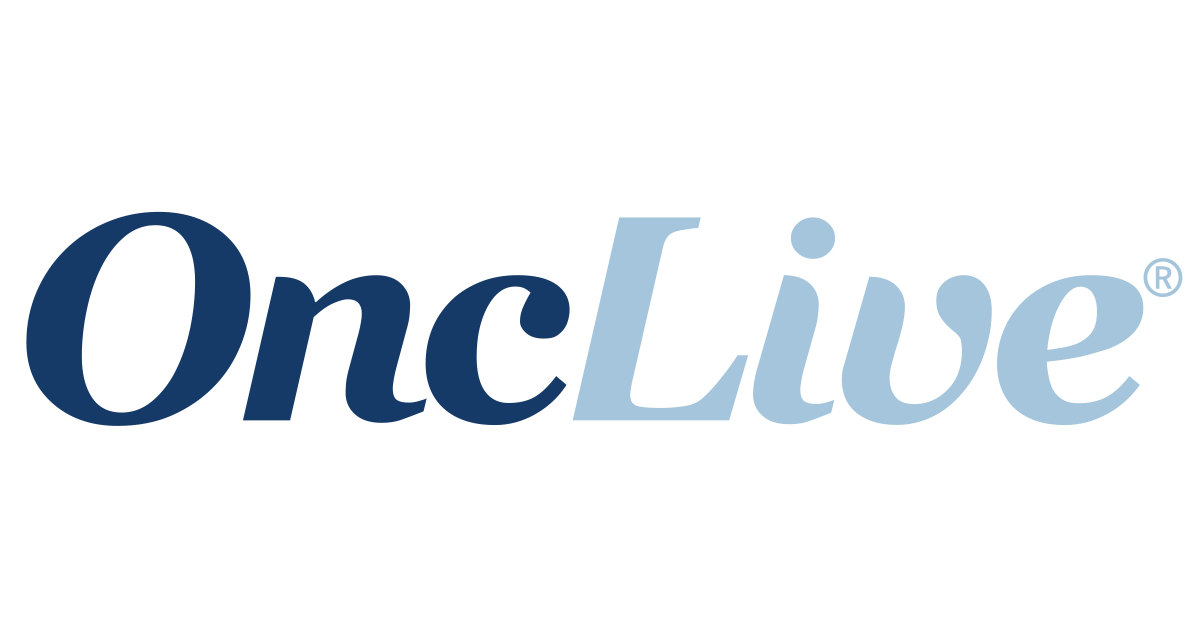constructively dismissed
Whether it’s sexual harassment, unwarranted discipline or discrimination, being subjected to unethical practices at work can make an employee feel like they have no choice but to quit their job. When an employer makes working conditions so intolerable that an employee is left with no choice but to resign, this is known as constructive dismissal and can be a serious breach of contract that warrants legal action.
The law is fairly clear: in order to be considered constructively dismissed, an employer must have committed a fundamental breach of the implied term of trust and confidence in all employment contracts. This is generally defined as conduct which “is calculated to destroy or seriously damage the relationship of trust and confidence between the parties.”
A number of protections exist for employees who disclose unethical practices at work. Aside from the common laws of wrongful termination and constructive dismissal, there are various whistleblower, anti-retaliation and discrimination laws that protect employees who come forward with complaints.

What Protections Exist For Employees Who Disclose Unethical Practices at Work?
What constitutes protected activity varies from case to case, but the general rule is that the more an employee engages in activities to advance their cause, the greater the level of protection they receive. Some of the most common protected activities include:
Taking part in an EEO investigation: Any involvement in an EEO process may constitute protected activity, including merely discussing alleged discrimination with coworkers or providing information to an investigator. This protection also extends to those who merely play a role in an investigation, even if they are not the complainant. Additionally, an employer cannot retaliate against an employee for engaging in protected activity by threatening them with adverse consequences that could be considered anticipatory retaliation (e.g., imposing a policy prohibiting discussions of pay that is based on race).
Disruption of a productive environment: An employer may not disrupt an employee’s work or create a hostile workplace for the purpose of intimidating them into silence. Disruption of a productive environment may include limiting access to necessary materials, changing the work schedule, making it difficult to communicate with others or imposing a policy that affects the quality or quantity of work produced.
When an employer violates the law and damages an employee, it’s important to consult with a lawyer as soon as possible. The earlier a lawyer is involved, the more likely it is that they can find a resolution. Employment lawyers with expertise in retaliation claims can help clients identify the relevant laws and determine the best course of action moving forward. Contact Ball Professional Corporation to schedule a consultation with a constructive dismissal toronto lawyer near you. The earliest opportunity to meet with an employment law specialist is to attend an early conciliation scheme, which is the first step in any potential proceedings. You can learn more about this process by watching our recent episode of the Employment Law Show.









+ There are no comments
Add yours